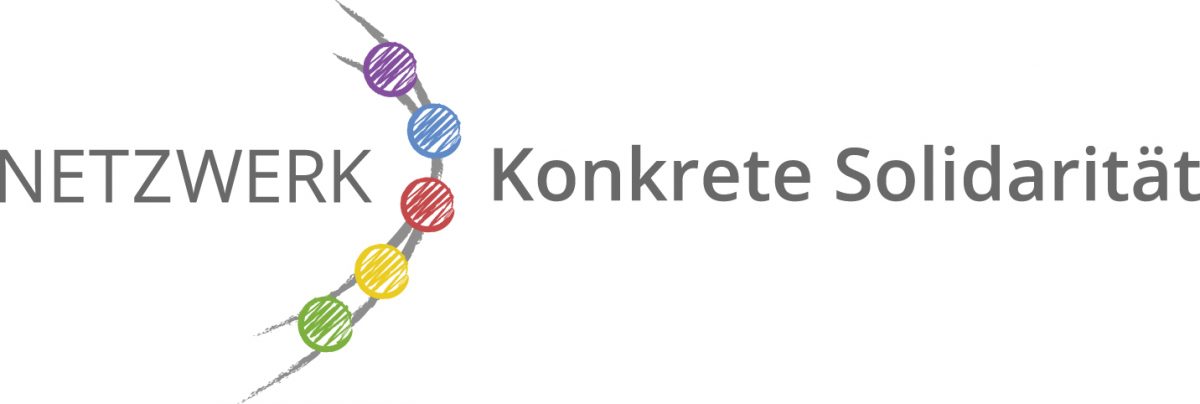Jährliche Archive: 2013
3rd Refugee Conference Rheinland-Pfalz 2013 Saturday, November 30th, 1pm. Trier. Multikullturelles Zentrum (Balduinstraße 6 near Hauptbahnhof) contact: solinetzwerk@gmail.com With Rex […]
LAMPEDUSA in FFM., Teachers on the Road sucht ehrenamtliche Lehrkräfte für die Stadt Frankfurt. Momentan sind wir dabei, ein Teachers-Team […]
CAN’T BE SILENT – ON TOUR WITH REFUGEES Samstag. 5. Oktober, 20 UHR Caligari-Filmbühne, WIESBADEN, Marktplatz 9 Filmvorführung mit Diskussion […]
2nd Refugee Conference Rheinland-Pfalz 2013 Mainz, Saturday September 14th DGB-Haus Mainz, Kaiserstraße 26 [googlemaps https://maps.google.de/maps?f=q&source=s_q&hl=de&geocode=&q=mainz+kaiser+stra%C3%9Fe+26&aq=&sll=50.040221,8.582821&sspn=1.390061,3.444214&ie=UTF8&hq=&hnear=Kaiserstra%C3%9Fe+26,+55116+Mainz&t=m&z=14&ll=50.003991,8.263896&output=embed&w=425&h=350] Program (in English and German) […]
The verb „sein“ (to be) The verb „sein“ to be can have three different complements: 1. situative complement: Ich bin […]
The verb haben (acc.) (engl. to have) abbrevations used here: acc. : accusative complement/case; nom.: nominative complement/case; m: masculine; f: […]
More important verbs with examples. Today we take a look at the verbs fahren(dir.), gehen(dir.), besuchen(acc.) and kommen(dir.) The verbs […]
The modal verb müssen The verb „müssen“ is a modal verb indicating that someone has to do something. ATTENTION! „müssen“ […]
More important Verbs with examples – Weitere wichtige Verben mit Beispielen: helfen (dat.) – to help gehören (dat.) – to […]
Kinds of questions Like in other languages, there are questions you can answer with „JA“ or „NEIN“ and others where […]
The question WO? and verbs with situative complement abbrevations used here: sit. – situative complement PREP – PREPOSITION nom. – […]


